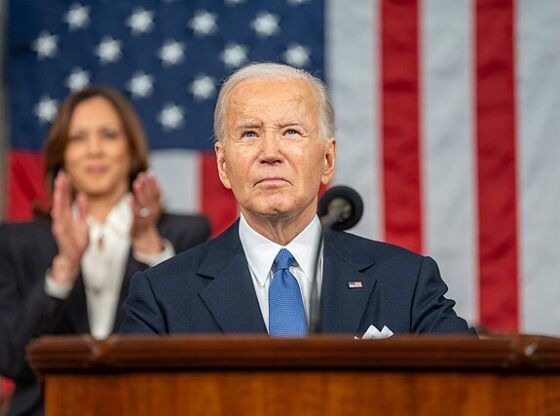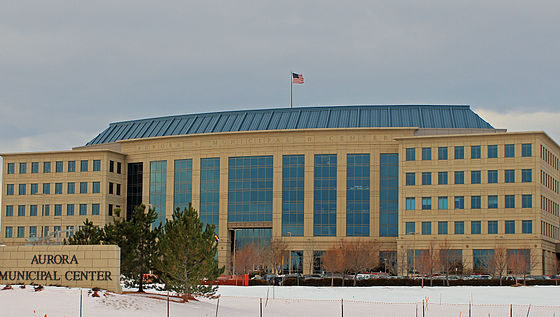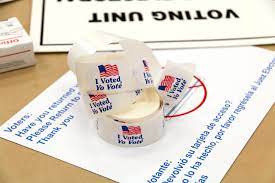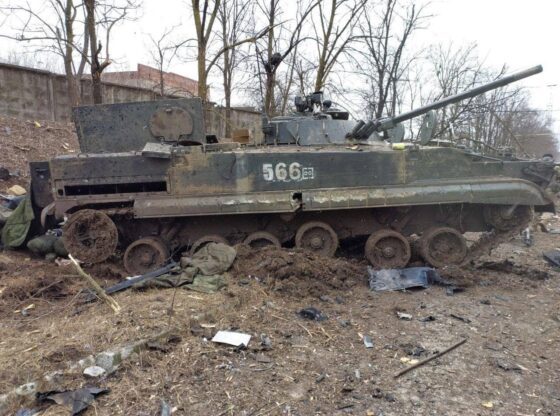The DU Chancellor Search Committee sent an email update on Wednesday, May 14, notifying the DU community of a delay in their timetable in their search for the university’s new chancellor.
In the email, the committee reported to have spent almost three months recruiting and evaluating its pool of candidates, and they are very pleased with the quality of the candidates with whom they have met so far.
Chair-Elect of the Board of Trustees Doug Scrivner said that out of the 100 applications it received, the committee “basically [has] 3 finalists that [they] intend to bring back to Denver for the next phase, which will ultimately lead to one choice by the Board of Trustees.”
While the committee’s original plan was to hold a series of open meetings in February, Scrivner said the sole reason for the delay in their timetable was that virtually all of the “extraordinary candidates” requested to have the next phase in the process be kept private, due to the sensitivities of the various leadership roles they are currently serving at other institutions.
“At this stage, we’re not identifying people, because they are very concerned about confidentiality,” he said. “We have some sitting presidents of other colleges and universities, we have some deans of professional schools … there’s some provosts, some chief academic officers of other universities, deans of very large colleges—so very accomplished people.”
According to Scrivner, there are many reasons why the candidates who are already leading other institutions would be interested in leaving their current positions. For example, some of them might be at smaller colleges or less prestigious universities, while others are simply looking to make the switch from a public university to a private one.
Scrivner also noted that the committee did look at “nontraditional candidates” during their recruitment process, meaning people who are not currently working in academia but might bring useful skills and experience to the chancellor position. Scrivner said the committee’s finalists, however, are all in the academic world.
In its email, the committee announced that the next phase will be completed in late May, and that finalists will come to Denver to meet confidentially with members of the faculty and administration, student leaders, senior administrators and trustees, but these finalists will not be making any public presentations.
According to Scrivner, the committee is in the process of reaching out to various people to construct this list of DU community members who will be meeting the finalists, and those student representatives they do end up choosing will not just be members of DU’s undergraduate and graduate student governments. The committee plans to work with various channels such as Student Life and the Division of Marketing and Communications to make sure they touch all of their bases when selecting student representatives from various groups on campus.
After these groups relay their opinions to the Board of Trustees, the Board’s recommended candidate will then come to campus during the first week of June to publically meet with the DU community.
Scrivner, a member of the Board, said there will be a series of different kinds of meetings and venues where the final candidate will be presenting in order to make the concluding process as open as possible for the DU community. The committee will also utilize various forms of technology, such as webcasting or video-streaming, in order to create the broadest exposure possible for those unable to attend the meetings in June.
According to Scrivner, the Board’s final decision will focus on who is best equipped to meet the needs that are defined in the position description, which can be found on the search committee’s website.
“One of the things that we do believe as a Board is that leadership of the university is not just a one person responsibility,” said Scrivner. “We need someone who will be able to lead the university through significant change that’s going to be required to succeed and compete effectively in the future—there’s just so much facing higher education, that we need somebody who can really coalesce the entire DU community around a vision of where we want to go and help us get there.”











